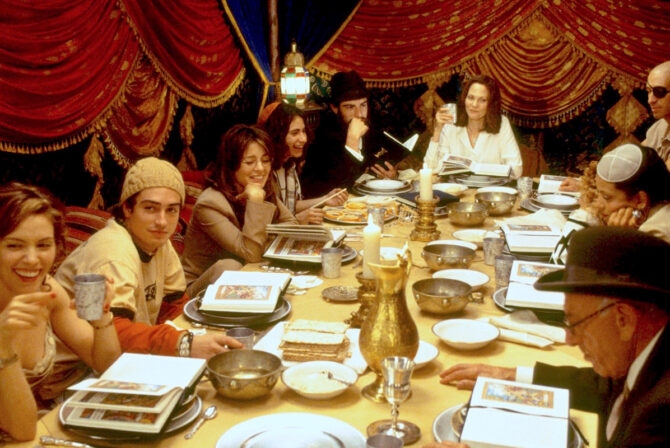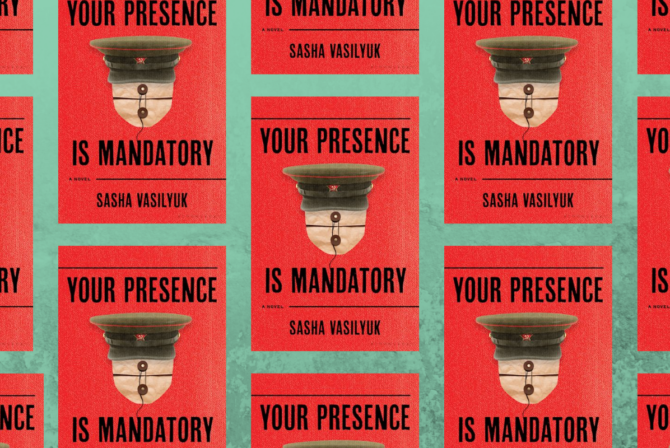Several articles have been posted in the past week discussing the Jewish New Year, with a few focusing specifically on the issue of fasting for Yom Kippur. Many people don’t like the concept of fasting, and many people don’t see any religious or spiritual value in fasting. I happen to be a person who likes the concept, and who sees and reaps a tremendous amount of religious and spiritual value from fasting. I also have fasted throughout two pregnancies and through nursing babies and toddlers on demand all day and all night.
Am I better than you for fasting while nursing and pregnant? No. Do I work hard to accomplish this? Yes. Here’s why I put in the effort:
1) Fasting is an important religious and spiritual exercise. Fasting and “afflicting ourselves” on Yom Kippur is described in the Torah, which is my personal guidebook for life. I have made a commitment to find a way to apply the wisdom of thousands of years of history and tradition to modern life and it works for me. Praying, singing, chanting, meditating, and spending time away from work and cell phones and cars and electronics is what we Jews have the opportunity to do every week on Shabbat. On Yom Kippur, doing these things while fasting takes it to a different and much more intense level. As it should be: this is the day our year is, in part, determined. It’s a heavy day and fasting sets it apart as intense and meaningful in a special way.
2) Fasting is symbolically important. By peeling away the material parts of our existence through refraining from the sustenance we live by daily, we get to see what’s left over. Without the rhythms of meals, what drives my day? Without snacks to keep my hands busy or to calm my anxiety, what can I do? Look what we think we need, and look what we literally can go without.
3) Fasting makes us angelic. Last Yom Kippur, as the 25th hour of fasting was coming to a close and we were all exhausted and starving and ready to go home, our rabbi said with a huge smile on his face, “I wish this didn’t have to end.” And through my exhaustion and hunger, I felt it too. There is a “high” you get when focusing so much on fasting and praying and just being in your head. Fasting makes us like the angels, they say. We make ourselves literally “above” the need for mortal sustenance. On Yom Kippur, we draw near to a different way of existence and it’s heavenly.
4) Fasting is groovy. While we are discussing the “high” you get from fasting, I want to mention that we have access to different parts of our brains when we refrain from food and drink and it makes your brain a little bit loopy but also very free. Our glucose storage is emptied out by the end of the day, and we are running on adrenaline and a lot of mental strength. It’s a healthy exercise, and it’s one that our Prophets employed to encourage transcendental experiences. A lot of religious observance is about finding what works for you within an ancient framework, and I love that my fasting makes me feel connected to thousands of years of Jews who have fasted too. It’s just plain awesome.
5) Fasting is not going to kill you. If you have medical reasons not to fast which are confirmed by a doctor, of course, don’t fast. We are instructed to live by the Torah, not to die by it. The health of human beings is always valued over and above any religious proscriptions. Rabbis are trained to answer all sorts of questions about fasting, and there is no charge to ask a rabbi a question. Try your local synagogue, JCC, or even a Chabad. They love answering questions!
6) Fasting and nursing can co-exist. If you are nursing, consult with a lactation consultant and your pediatrician about fasting. My personal experience both as a nursing mom and a Certified Lactation Educator Counselor is that during the first three months of nursing, when milk supply is being established, you want to be very careful about supply, and babies will often want to nurse a lot the day AFTER a fast to pull up milk supply that may have dropped from a day of no water and no food. Fasting is so important to me that I put in my best effort to keep it going: I step up my fluids the day before I fast, and I take it super easy: no elaborate walks, no active playing with the kids, and nothing involving too much effort at all. I make simple snacks for my boys and I explain to them that mama is tired and hungry (and grumpy) because she is fasting, so let’s have an easy day. Sometimes a new toy or book helps fasting days go more smoothly. I think it’s important for my kids to hear why I fast so that they can learn the value and see that commitment in action.
7) Fasting can be modified. Depending on your religious proclivities, there are established modifications that allow you to fulfill the obligation to fast, should you so choose it. Traditional guidelines about eating small portions of food (less than something called a kazayis) throughout the day can be explained to you by a rabbi, and it works for a lot of people. The idea behind fasting is to shift your consciousness, to shift your pattern, and to shake your life and head up. I recommend the following suggestion to anyone on the fence or just plain grumpy or skeptical about fasting whether you go to synagogue or not: try your own modification as a self-disciplinary, spiritual journey this year. Try eating smaller portions. Or eat only “simple” foods without sauces or jams or sweets. Skip dessert and decadent foods, or only drink water instead of juice, soda, or coffee.
Judaism is not a cafeteria religion; I am not saying to just pick what you like and leave the rest. But it’s okay to try out aspects of observance – such as fasting – and see if it strikes something in you. Each mitzvah we do is independent of every other mitzvah, and it counts. It counts if we light Shabbat candles even if we go clubbing after. It counts if we bless challah, even if we put bacon on it after we bless it. Every thing we do counts. It does make a difference in this world. We are all “good Jews,” we just practice differently. Just like we are all “good parents,” even if we practice differently.
Every year holds tremendous potential for personal growth, change, and self-discovery. Fasting has the potential to teach you a lot about what you need, what you don’t, and what you can accomplish. Whatever your Yom Kippur looks like, may you have a blessed year full of only what you need and nothing you don’t.







